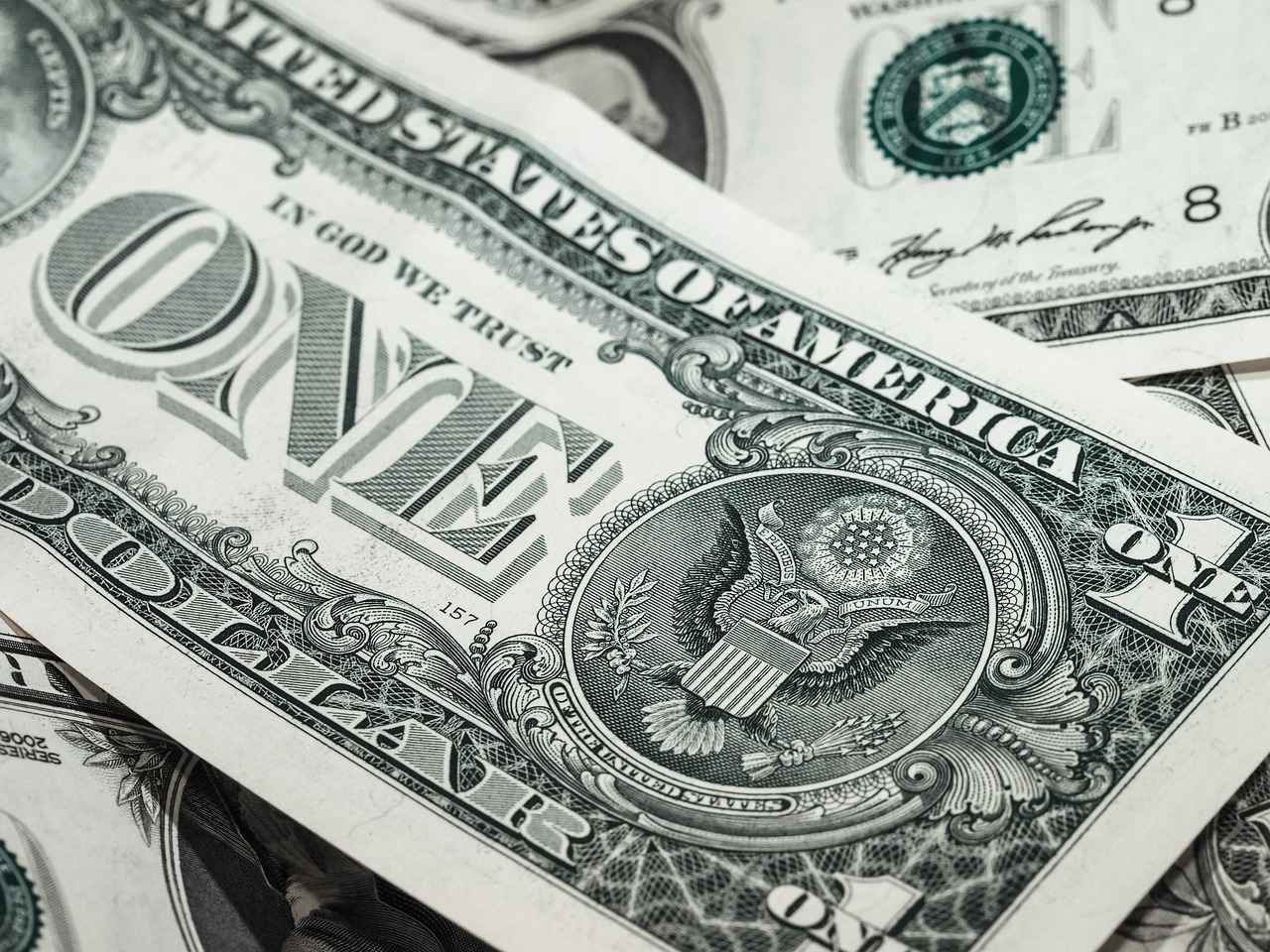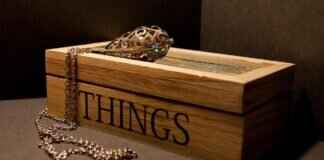This article delves into the best personal loan rates available in 2025, analyzing the various factors that impact these rates. It compares different lenders and provides valuable insights to help borrowers secure the most favorable terms for their financial needs.
Understanding Personal Loan Rates
Personal loan rates are the interest rates that lenders charge borrowers for loans. These rates can vary significantly based on a variety of factors, including the lender’s policies, the borrower’s creditworthiness, and prevailing market conditions. Understanding how these rates are determined is crucial for anyone considering a personal loan.
Factors Influencing Personal Loan Rates
- Credit Score: One of the most critical factors affecting personal loan rates is the borrower’s credit score. Lenders use this score to gauge the risk of lending money.
- Income: A stable income assures lenders of the borrower’s ability to repay the loan, which can lead to lower rates.
- Loan Amount: The amount of money borrowed can also influence the rate; larger loans may come with different terms.
The Role of Credit Scores
Your credit score plays a pivotal role in determining the interest rate on your personal loan. Generally, higher credit scores correlate with lower interest rates. Here’s how different ranges can impact rates:
- Excellent Credit (750+): Typically qualifies for the lowest rates.
- Good Credit (700-749): May receive competitive rates but not the best.
- Average Credit (650-699): Likely to face higher rates due to perceived risk.
- Poor Credit (below 650): Often results in the highest rates, making loans more expensive.
Income and Employment Stability
Lenders also assess your income and job stability when determining your loan rate. A steady job and consistent income can enhance your chances of securing a better rate.
Comparing Personal Loan Lenders
When seeking the best personal loan rates, it’s essential to compare different lenders. Not all institutions offer the same terms. Here’s a breakdown of options:
- Online Lenders: Often provide lower rates due to reduced overhead costs.
- Traditional Banks: May have higher rates but offer personalized service.
- Credit Unions: Typically offer competitive rates and favorable terms for members.
Tips for Securing the Best Personal Loan Rates
- Improve Your Credit Score: Take steps to boost your credit score before applying to secure better rates.
- Shop Around: Comparing offers from multiple lenders can lead to significant savings.
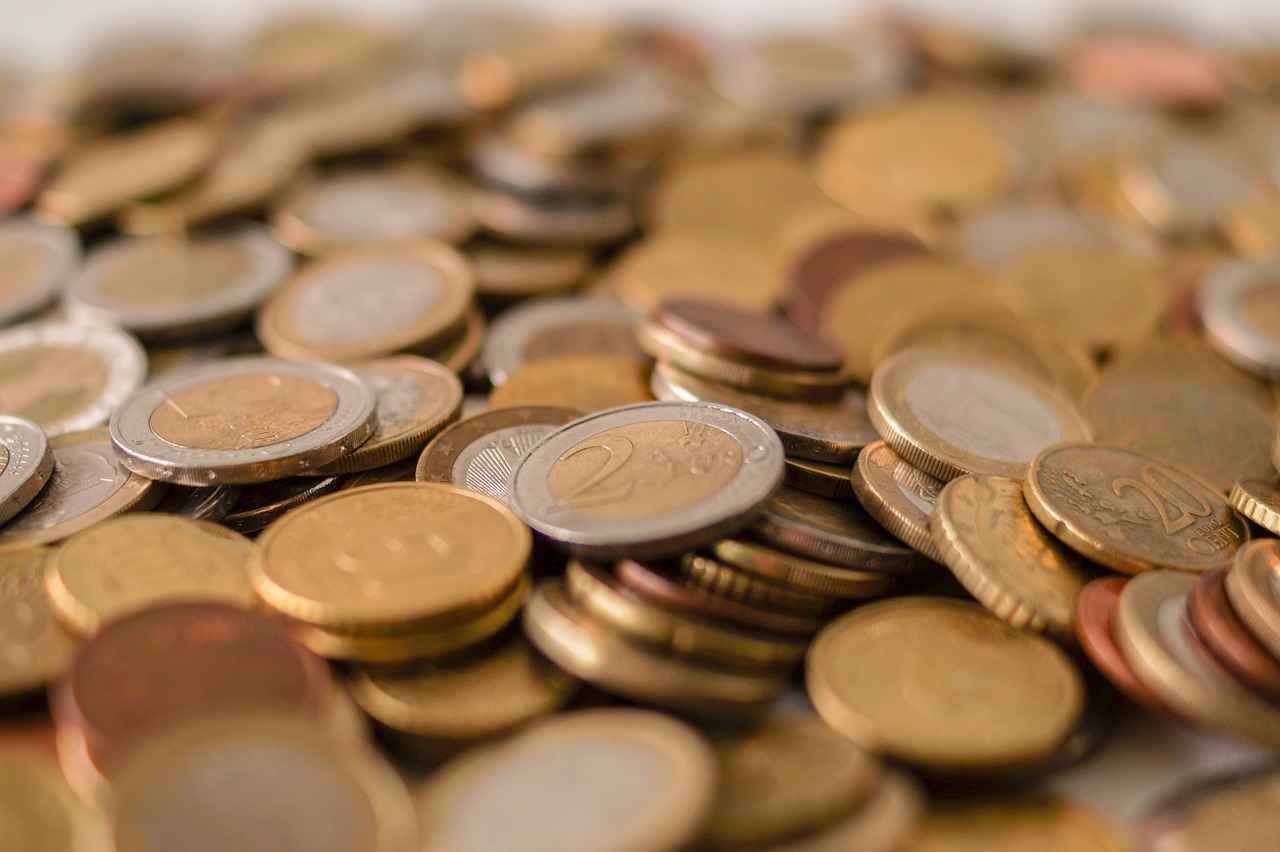
Understanding Personal Loan Rates
Understanding personal loan rates is essential for anyone considering borrowing money. Personal loan rates refer to the interest rates charged by lenders when they provide loans to individuals. These rates can significantly impact the total cost of borrowing, making it crucial for borrowers to comprehend how they are determined.
Personal loan rates can vary widely based on several factors, which include:
- Credit Score: One of the most significant factors affecting personal loan rates is the borrower’s credit score. Lenders use this score to assess the risk of lending money. Higher scores typically lead to lower interest rates, while lower scores can result in higher rates.
- Loan Amount: The amount of money being borrowed can also influence the interest rate. Generally, larger loans may come with slightly lower rates, as lenders see them as less risky.
- Loan Term: The duration of the loan can affect the rate as well. Shorter-term loans often have lower rates compared to longer-term loans, which may carry higher rates due to the increased risk over time.
- Income and Employment Stability: Lenders consider a borrower’s income and job stability to determine their ability to repay the loan. A steady income can lead to more favorable rates.
- Market Conditions: Economic factors and market trends also play a role in setting personal loan rates. Changes in the economy can lead to fluctuations in interest rates across the board.
By understanding these factors, borrowers can better navigate the lending landscape and make informed decisions. It is advisable to shop around and compare offers from different lenders to secure the best possible rates. Always consider the total cost of the loan, including any fees, to ensure a comprehensive understanding of what you will be paying.
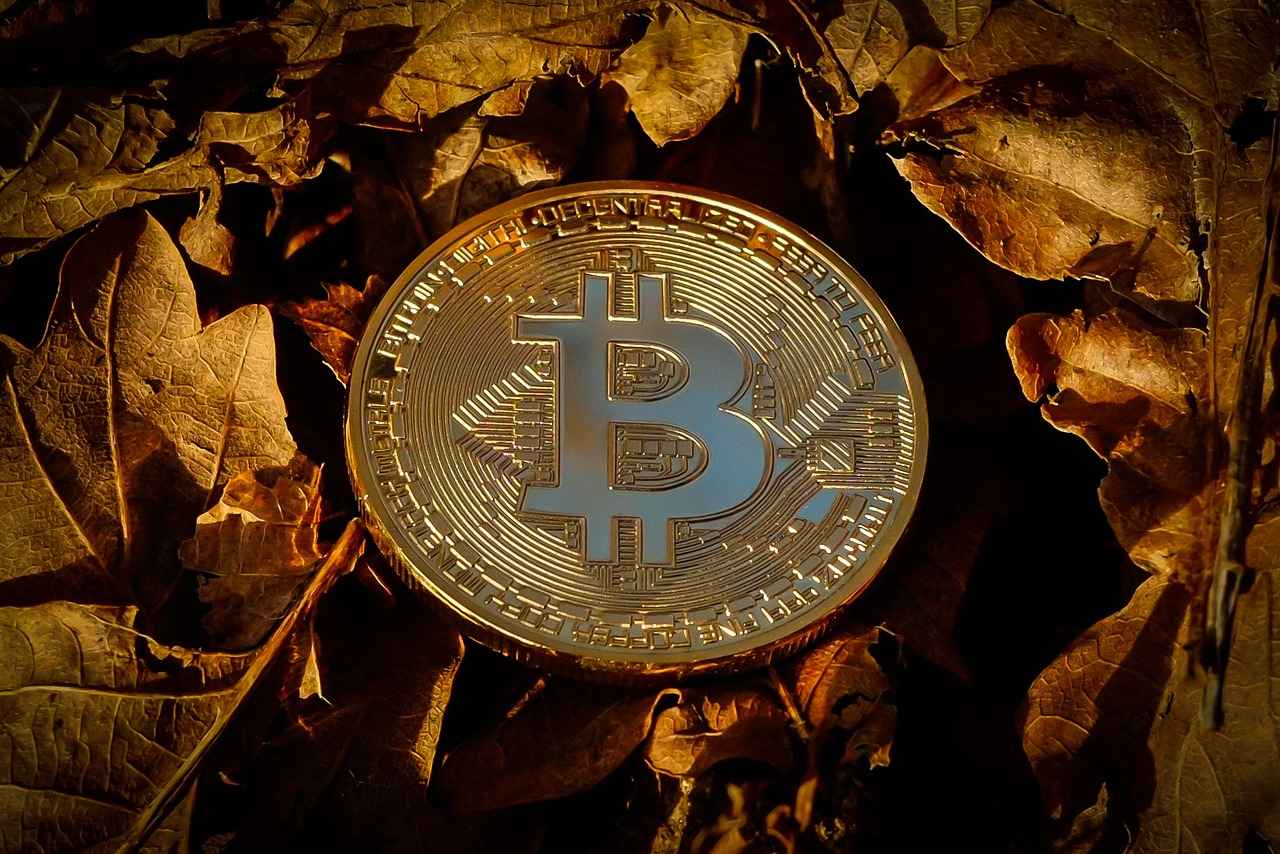
Factors Influencing Personal Loan Rates
When considering a personal loan, it’s essential to understand the various factors that can significantly influence the rates you may receive. These rates are not set in stone and can vary based on multiple criteria, making it crucial for borrowers to be informed. Below are the key elements that lenders typically evaluate when determining personal loan rates.
- Credit Score: Your credit score is one of the most influential factors in determining your personal loan rate. Lenders use this score to assess your creditworthiness. Higher credit scores generally lead to lower interest rates, while lower scores may result in higher rates or even loan denial.
- Income Level: Lenders also consider your income when setting rates. A stable and sufficient income indicates your ability to repay the loan, which can positively impact the rate you receive. Higher income often correlates with better rates.
- Loan Amount: The amount you wish to borrow can affect the interest rate. Generally, smaller loans may have higher rates compared to larger loans, as lenders perceive them as less risky due to their potential for quicker repayment.
- Loan Term: The duration of the loan can also influence the rate. Shorter loan terms typically come with lower interest rates, while longer terms may lead to higher rates due to the extended risk for the lender.
- Debt-to-Income Ratio: This ratio measures your monthly debt payments against your gross monthly income. A lower debt-to-income ratio indicates better financial health and can lead to more favorable loan rates.
- Market Conditions: The overall economic environment can affect personal loan rates. For instance, during periods of economic growth, rates may be lower due to increased competition among lenders. Conversely, in uncertain economic times, rates may rise.
Understanding these factors can empower you to make informed decisions when applying for a personal loan. By improving your credit score, maintaining a stable income, and shopping around for the best rates, you can significantly enhance your chances of securing a favorable loan.
The Role of Credit Scores
Your credit score plays a critical role in determining the interest rates you may receive when applying for a personal loan. Lenders use this score as a key indicator of your creditworthiness, which directly influences the terms of the loan they are willing to offer. Understanding how different credit score ranges affect loan rates can empower you to make informed financial decisions.
Credit scores typically range from 300 to 850, with higher scores indicating better credit health. Here’s a breakdown of how various ranges can impact interest rates:
| Credit Score Range | Typical Interest Rate |
|---|---|
| 300 – 579 | 10% – 36% |
| 580 – 669 | 7% – 20% |
| 670 – 739 | 5% – 15% |
| 740 – 799 | 4% – 10% |
| 800 – 850 | 3% – 8% |
As illustrated in the table above, borrowers with excellent credit scores (740 and above) can often secure the most favorable rates, potentially saving thousands over the life of a loan. Conversely, those with poor credit scores (below 580) can expect significantly higher rates, which can make borrowing much more expensive.
Additionally, lenders may also consider other factors alongside credit scores, such as income stability and overall debt levels. However, the credit score remains the most influential factor, often determining whether you qualify for a loan at all.
By understanding the impact of your credit score on personal loan rates, you can take proactive steps to improve your financial standing and secure better lending terms.
Excellent vs. Good Credit
When it comes to securing a personal loan, one of the most significant factors that lenders consider is your credit score. Borrowers with an excellent credit score, typically defined as a score of 750 or above, are often rewarded with the most favorable interest rates. These low rates can translate into substantial savings over the life of a loan. In contrast, those with a good credit score—generally ranging from 700 to 749—often face slightly higher rates, which can impact their overall loan costs.
The difference in rates can be quite pronounced. For instance, a borrower with an excellent credit score may secure a rate as low as 3% to 5%, while someone with a good credit score might see rates ranging from 5% to 7%. This discrepancy can result in significant financial implications, especially for larger loan amounts. Over a 5-year loan term, the difference in interest payments could amount to hundreds, if not thousands, of dollars.
Furthermore, lenders often view borrowers with excellent credit as lower risk, which can lead to more favorable terms beyond just interest rates. These borrowers may also have access to higher loan amounts and more flexible repayment options. On the other hand, individuals with good credit, while still eligible for loans, might face stricter borrowing limits and less favorable terms.
Ultimately, understanding the nuances between excellent and good credit is crucial for potential borrowers. It empowers them to take proactive steps to improve their credit scores, thereby enhancing their chances of receiving the best possible loan rates. Regularly checking credit reports, addressing outstanding debts, and maintaining timely payments are all effective strategies to boost one’s credit score.
In summary, while both excellent and good credit holders can access personal loans, the interest rate differences they encounter can significantly affect their financial outcomes. By striving for excellence in creditworthiness, borrowers can position themselves to take full advantage of the best rates available in the market.
Average and Poor Credit
When it comes to obtaining personal loans, credit scores play a pivotal role in determining the interest rates offered by lenders. Individuals with average or poor credit often encounter significant challenges, as their creditworthiness is perceived as less favorable. This section delves into the implications of lower credit scores on personal loan costs, highlighting the financial burden that can accompany such ratings.
Borrowers with average credit scores, typically ranging from 580 to 669, may find themselves facing interest rates that are considerably higher than those offered to individuals with better credit. This discrepancy can lead to increased monthly payments and a higher total cost of borrowing. For instance, while a borrower with excellent credit might secure a rate as low as 5%, those with average credit could see rates soar to 10% or more.
On the other hand, individuals with poor credit scores, generally below 580, may encounter even steeper rates, sometimes exceeding 15% or 20%. This situation is compounded by the fact that lenders may also impose additional fees or stricter repayment terms to mitigate their risk. As a result, borrowers with poor credit not only pay more in interest but may also face limitations on the loan amounts they can access.
Moreover, the implications of securing a personal loan with a lower credit score extend beyond just the interest rates. Borrowers may find it challenging to qualify for loans altogether, as many lenders have minimum credit score requirements. This can lead to a cycle of financial distress, where individuals are unable to secure necessary funding for emergencies or significant purchases, further impacting their credit scores.
In summary, those with average or poor credit face substantial hurdles in the personal loan market. Understanding the implications of lower credit scores is crucial for borrowers, as it can inform their financial decisions and help them strategize for better loan outcomes.
Income and Employment Stability
play a pivotal role in the assessment of personal loan applications. Lenders meticulously evaluate these factors to gauge the risk associated with lending money to potential borrowers. Understanding how your income and job stability influence your borrowing options can empower you to make informed financial decisions.
When lenders assess your application, they primarily focus on your debt-to-income ratio. This ratio compares your monthly debt payments to your gross monthly income. A lower ratio indicates that you have a manageable level of debt relative to your income, which can lead to more favorable loan rates. Typically, lenders prefer a debt-to-income ratio of 36% or lower.
Another critical aspect is your employment history. Lenders seek to confirm that you have a stable job and consistent income. A long tenure at your current job can signal reliability and financial stability. Conversely, frequent job changes or gaps in employment may raise red flags for lenders, potentially resulting in higher interest rates or even loan denial.
Additionally, the type of employment you have can also influence your loan options. Full-time employees often have an advantage over part-time workers or freelancers, as their income is perceived as more stable and predictable. However, even those in non-traditional employment can improve their chances by providing documentation of consistent income over time.
It is also essential to consider the overall economic environment. During times of economic uncertainty, lenders may tighten their lending criteria, making it even more crucial for borrowers to present strong income and employment profiles.
In summary, your income and job stability are not just numbers on a page; they are critical elements that can significantly impact your borrowing options. By understanding these factors, you can better prepare yourself for the loan application process and potentially secure more favorable rates.
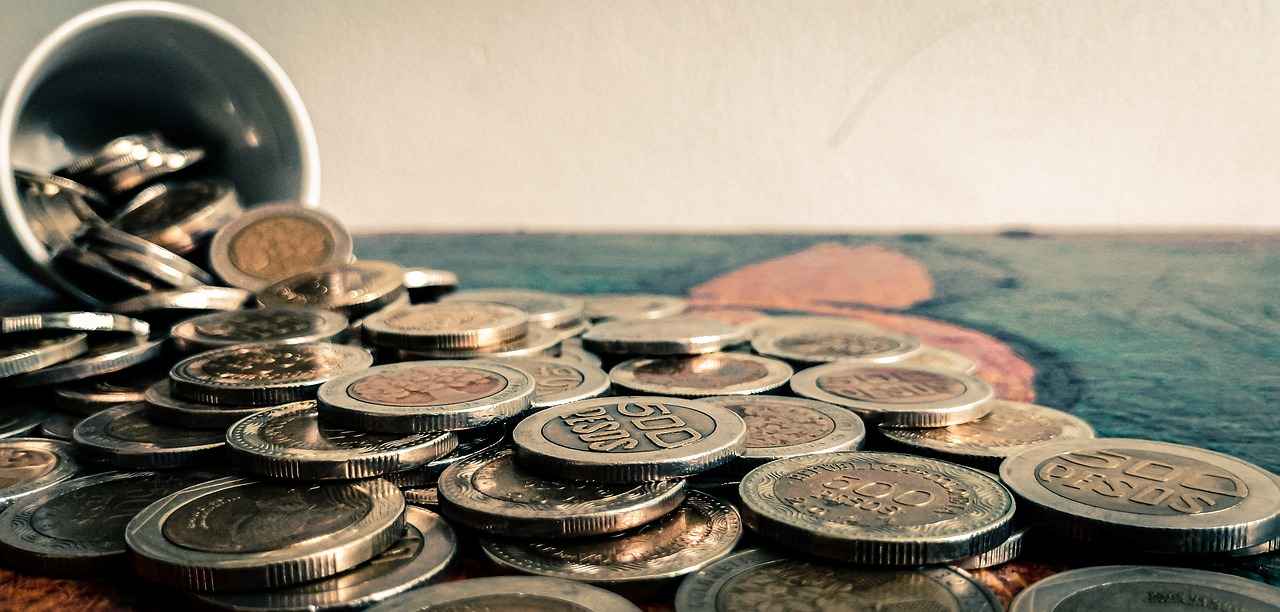
Comparing Personal Loan Lenders
When seeking a personal loan, it’s essential to recognize that not all lenders offer the same rates or terms. This variance can significantly impact your borrowing experience and overall financial health. To navigate the lending landscape effectively, here is a comprehensive guide on how to compare lenders and find the best personal loan rates available.
First, it’s crucial to understand the different types of lenders in the market. You can categorize them into three main groups:
- Traditional Banks: Established banks often provide personal loans, but their rates might be higher due to their operational costs.
- Online Lenders: These lenders typically offer more competitive rates and faster processing times, thanks to lower overhead costs.
- Credit Unions: Non-profit organizations that often provide lower rates and more personalized service compared to traditional banks.
Next, compare interest rates among various lenders. Rates can vary significantly, so obtaining quotes from multiple sources is vital. Look for lenders that offer:
| Lender Type | Average Interest Rate |
|---|---|
| Traditional Banks | 8% – 15% |
| Online Lenders | 6% – 12% |
| Credit Unions | 5% – 10% |
Additionally, pay attention to loan terms and fees. Some lenders may offer lower rates but charge higher origination fees or prepayment penalties. Ensure you read the fine print and understand the total cost of the loan.
Finally, consider the customer service and support provided by the lender. A lender with responsive customer service can make the borrowing process smoother and more manageable. Check online reviews and ratings to gauge the experiences of other borrowers.
By taking the time to compare lenders effectively, you can secure the best personal loan rates that meet your financial needs.
Online Lenders vs. Traditional Banks
The financial landscape has undergone a significant transformation with the emergence of online lenders. This shift has not only provided borrowers with more options but has also created a competitive environment that benefits consumers seeking personal loans. In this section, we delve into the differences between online lenders and traditional banks, focusing on rates, terms, and overall borrower experience.
One of the most notable advantages of online lenders is their ability to offer lower interest rates compared to traditional banks. This is primarily due to their reduced overhead costs, which allows them to pass savings on to borrowers. Many online platforms utilize advanced algorithms to assess creditworthiness quickly, often leading to more favorable rates for those with good credit.
When comparing loan terms, online lenders also tend to provide a wider range of options. Borrowers can often select from various repayment periods, which can be tailored to fit their financial situation. In contrast, traditional banks may have more rigid structures, making it challenging for some borrowers to find a term that suits their needs.
Another factor to consider is the application process. Online lenders typically offer a streamlined, user-friendly experience. Many applications can be completed in a matter of minutes, and borrowers often receive approval within hours. Traditional banks, on the other hand, may require in-person visits and extensive paperwork, which can delay the process significantly.
- Convenience: Online lenders allow for 24/7 access to applications and account management.
- Speed: Faster approval and funding times compared to traditional banks.
- Flexibility: More customizable loan options and terms.
However, it is essential to note that not all online lenders are created equal. Borrowers should conduct thorough research, comparing rates and terms from multiple lenders, and reading reviews to ensure they choose a reputable institution. Additionally, while online lenders may offer lower rates, they might not provide the same level of personalized service that a traditional bank could offer.
In conclusion, the rise of online lenders has significantly altered the borrowing landscape, offering competitive rates and terms that challenge the traditional banking model. By understanding these differences, borrowers can make informed decisions that best suit their financial needs.
Credit Unions and Community Banks
Credit unions and community banks have emerged as viable alternatives to larger financial institutions, particularly when it comes to securing personal loans. These local lenders often offer competitive rates and personalized service that can significantly benefit borrowers. This section delves into the advantages of choosing credit unions and community banks over their larger counterparts.
One of the primary benefits of borrowing from credit unions is their member-focused approach. Unlike traditional banks, which prioritize profits for shareholders, credit unions operate as non-profit organizations. This structure allows them to pass on savings to their members in the form of lower interest rates and reduced fees. As a result, borrowers often find that credit unions provide more favorable loan terms.
Community banks, similarly, have a strong commitment to local economies. They tend to offer tailored financial products that meet the specific needs of their communities. This local focus enables them to better understand the financial situations of their customers, which can lead to more flexible lending criteria. For instance, community banks may be more willing to consider factors beyond just credit scores, such as employment history and local economic conditions.
| Feature | Credit Unions | Community Banks | Larger Banks |
|---|---|---|---|
| Interest Rates | Typically lower | Competitive | Higher |
| Fees | Lower or none | Moderate | Higher |
| Customer Service | Personalized | Community-oriented | Standardized |
Furthermore, credit unions and community banks often emphasize financial education for their members. They provide resources and support to help borrowers make informed decisions, thereby enhancing the overall borrowing experience. This educational approach can lead to more responsible borrowing and better financial health for individuals.
In conclusion, when considering a personal loan, it is essential to explore the offerings of credit unions and community banks. Their competitive rates, personalized service, and commitment to community welfare make them a compelling choice for borrowers seeking favorable loan options.

Tips for Securing the Best Personal Loan Rates
Securing the best personal loan rates in 2025 requires a well-thought-out strategy. Borrowers must be proactive and informed to navigate the lending landscape effectively. Here are some practical tips to help you achieve the most favorable personal loan rates:
- Understand Your Credit Profile: Before applying for a loan, it’s essential to check your credit report. Identify any discrepancies and take steps to rectify them. A clean credit history can significantly enhance your chances of receiving lower rates.
- Improve Your Credit Score: If your credit score is less than stellar, consider taking time to improve it. Pay down existing debts, make timely payments, and avoid new credit inquiries before applying for a loan. Even small improvements in your credit score can result in better rates.
- Compare Multiple Lenders: Don’t settle for the first loan offer you receive. Shop around and compare rates from various lenders, including online platforms, banks, and credit unions. Each lender has different criteria and may offer varying rates based on your profile.
- Consider Loan Terms: The length of the loan can affect your interest rate. Shorter loan terms often come with lower rates, but higher monthly payments. Evaluate your financial situation to choose the term that suits you best.
- Utilize Prequalification Options: Many lenders offer prequalification, allowing you to see potential rates without affecting your credit score. This can help you gauge where you stand before committing to a formal application.
- Negotiate with Lenders: If you receive a loan offer, don’t hesitate to negotiate. Some lenders may be willing to adjust rates or terms based on your financial profile or competing offers you have received.
- Maintain Employment Stability: Lenders prefer borrowers with stable employment. If possible, maintain a steady job or provide proof of consistent income to reassure lenders of your ability to repay the loan.
By implementing these strategies, you can enhance your chances of securing the most competitive personal loan rates available in 2025. Remember, preparation and knowledge are your best tools in the borrowing process.
Improving Your Credit Score
Improving your credit score is a vital step towards obtaining better personal loan rates. A higher credit score not only enhances your chances of loan approval but also qualifies you for lower interest rates, which can save you significant amounts over time. Here are some actionable steps to elevate your credit score before you apply for a loan:
- Check Your Credit Report: Begin by obtaining a copy of your credit report from major credit bureaus. Review it for any inaccuracies or fraudulent activities that may negatively impact your score.
- Pay Your Bills on Time: Consistently making on-time payments is one of the most effective ways to boost your credit score. Set up reminders or automatic payments to ensure you never miss a due date.
- Reduce Credit Utilization: Aim to keep your credit utilization ratio below 30%. This means using less than 30% of your available credit. Paying down existing debts can significantly improve your score.
- Avoid Opening New Credit Accounts: Each time you apply for new credit, a hard inquiry is made on your report, which can temporarily lower your score. Limit new applications while you work on improving your credit.
- Establish a Diverse Credit Mix: Having a mix of credit types, such as credit cards, installment loans, and retail accounts, can positively influence your score. However, only take on new credit if you can manage it responsibly.
- Become an Authorized User: If you have a family member or friend with a good credit history, consider asking them to add you as an authorized user on their credit card. This can help improve your score by association.
Implementing these strategies can take time, but the effort will be worthwhile when you see the improvement in your credit score. Remember, a better credit score can lead to better loan rates, ultimately saving you money.
Shopping Around for Rates
is a critical step in securing the best personal loan terms available. By comparing offers from multiple lenders, you can potentially save a significant amount of money over the life of your loan. This section highlights the importance of this practice and provides effective strategies for doing so.
When it comes to personal loans, not all lenders are created equal. Interest rates, fees, and terms can vary widely, making it essential to evaluate multiple options. Here are some key reasons why shopping around is beneficial:
- Lower Interest Rates: Different lenders have varying risk assessments, which can lead to different interest rates. By comparing offers, you may find a lender willing to offer you a lower rate based on your financial profile.
- Better Terms: Some lenders may offer more favorable repayment terms or lower fees, which can make a substantial difference in your overall loan cost.
- Increased Negotiation Power: When you have multiple offers, you can leverage them to negotiate better terms with your preferred lender.
To effectively shop around for personal loan rates, consider the following strategies:
- Research Online: Utilize online comparison tools that allow you to view multiple lenders’ rates and terms side by side.
- Check Credit Unions: Often, credit unions offer competitive rates and terms compared to traditional banks. Ensure you check their offerings as well.
- Request Pre-Approval: Many lenders provide pre-approval with a soft inquiry, allowing you to gauge rates without affecting your credit score.
- Read the Fine Print: Always review the terms and conditions of each loan offer to understand any hidden fees or penalties.
By following these steps, you can maximize your chances of securing the most favorable personal loan rates available in 2025. Remember, taking the time to compare lenders can lead to significant savings and a loan that better fits your financial needs.
Frequently Asked Questions
- What factors influence personal loan rates?
Personal loan rates are influenced by a variety of factors including your credit score, income, loan amount, and employment stability. The better your credit score, the more favorable your rate is likely to be!
- How can I improve my credit score before applying for a loan?
Improving your credit score can be done by paying down existing debts, making payments on time, and checking your credit report for errors. Think of it like tuning a car; a well-tuned engine runs smoother and gets better mileage!
- Are online lenders better than traditional banks?
Online lenders often provide competitive rates and quicker approval processes compared to traditional banks. However, it’s essential to compare offers to find the best fit for your needs!
- What should I look for when comparing loan offers?
When comparing loan offers, consider the interest rate, fees, loan terms, and repayment flexibility. Don’t just focus on the interest rate; the overall cost of the loan matters too!
- Can I get a personal loan with poor credit?
Yes, you can still secure a personal loan with poor credit, but expect higher interest rates. It might be worth exploring options like credit unions or secured loans to improve your chances!


